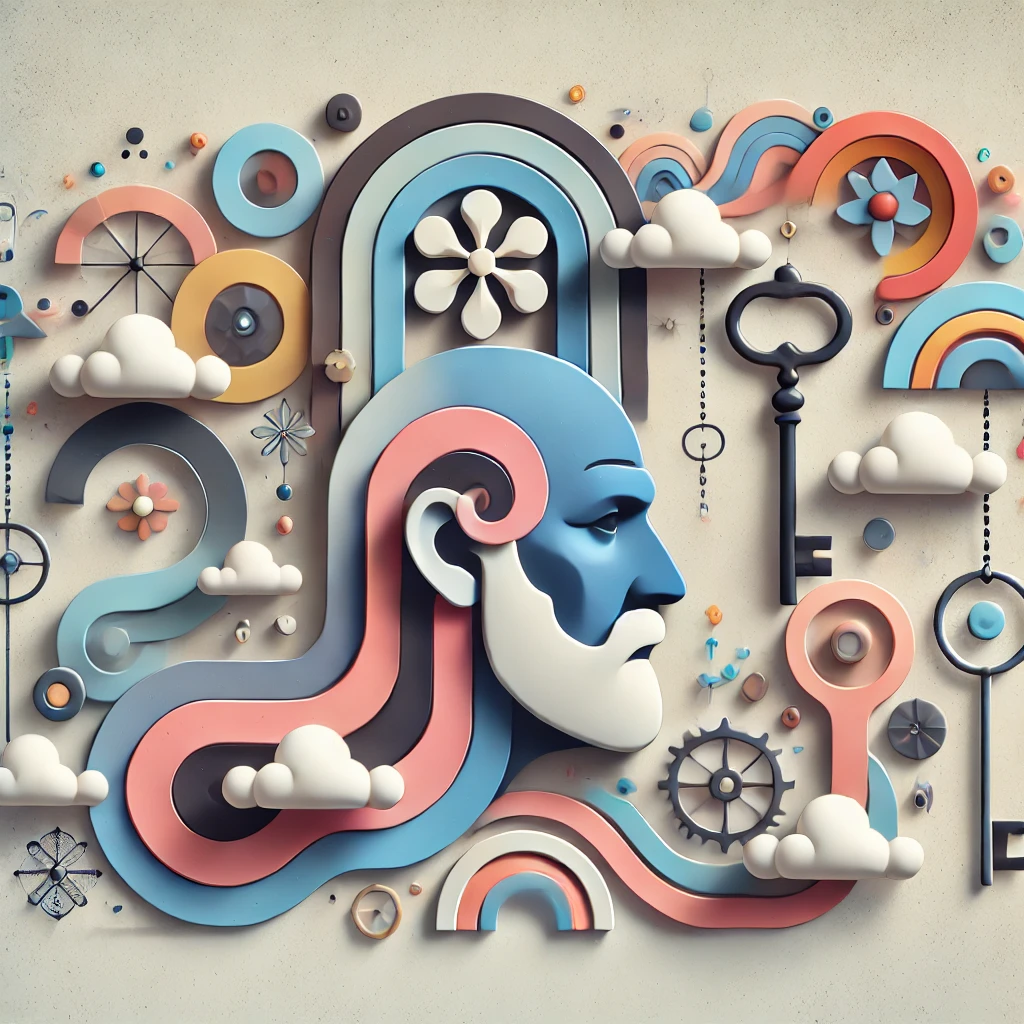1- Thoughts in pictures’—a process of thinking while asleep.
2-‘Ego alien’. They have a life and will which often appears to be other than our conscious will. This led older cultures to believe that dreams were sent by spirits or God.
3-‘Hallucinatory’. We believe the reality of the dream while in it.
4-‘Drama’. Dreams are not random images. They are ‘stage managed’ into very definite, sometimes recurring, themes and plots.
5-‘Moral standards’. Dreams have very different moral standards than our waking personality.
6-‘Association of ideas’. In dreaming we have access to infant or other memories or experience we would find very difficult to recall while awake.
Freud originally said that one of the main functions of a dream was wish fulfilment, and an expression of the ‘primary process of human thinking’ unaffected by space, time and logic. Later, in considering recurring dreams which re-enact a recent traumatic incident, he agreed that dreams were not only an expression of the ‘pleasure principle’. W.H.R. Rivers, studying dreams connected with war neuroses, saw such dreams as attempts to resolve current emotional problems.
Although there is still controversy regarding whether there can be a valid ‘dream dictionary’, Freud himself saw dream symbols as having consistent meaning so frequently that one could attribute an interpretation to them independently of the dreamer’s associations.
See also: abreaction; Adler, Alfred; birds; dream analysis; displacement; door; Fromm, Erich; hallucinations and hallucinogens; hypnosis and dreams; Jung, Carl; lucidity; plot of dreams; wordplay and puns; secret of universe dreams; dream as therapist; unconscious. [1]
